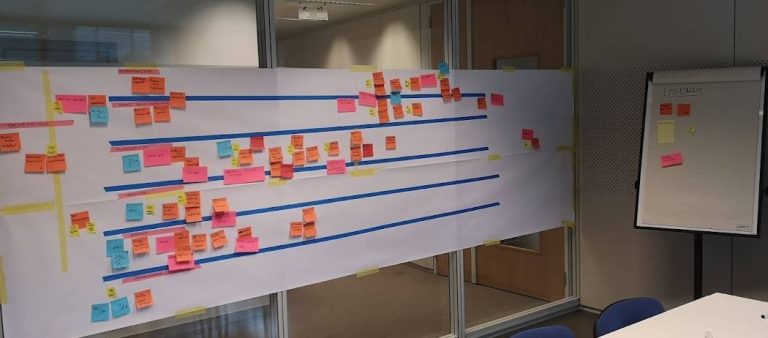Refactoring in Domain-Driven Design: Embracing Change as Knowledge Evolves
Refactoring is a crucial aspect of Domain-Driven Design, allowing teams to adapt their domain models and code as knowledge evolves, ensuring maintainability, flexibility, and alignment with the domain. Embrace refactoring as a natural part of DDD to develop accurate and adaptable software solutions.




